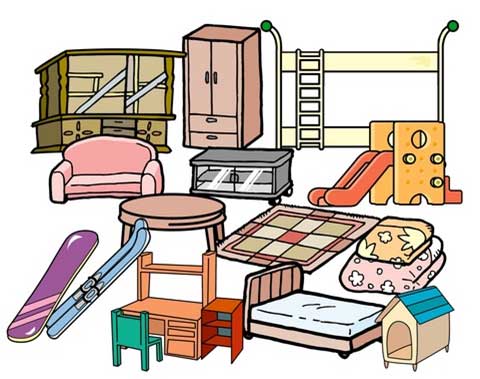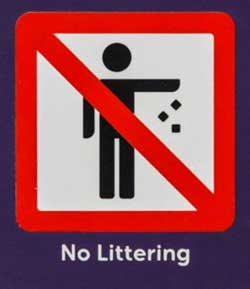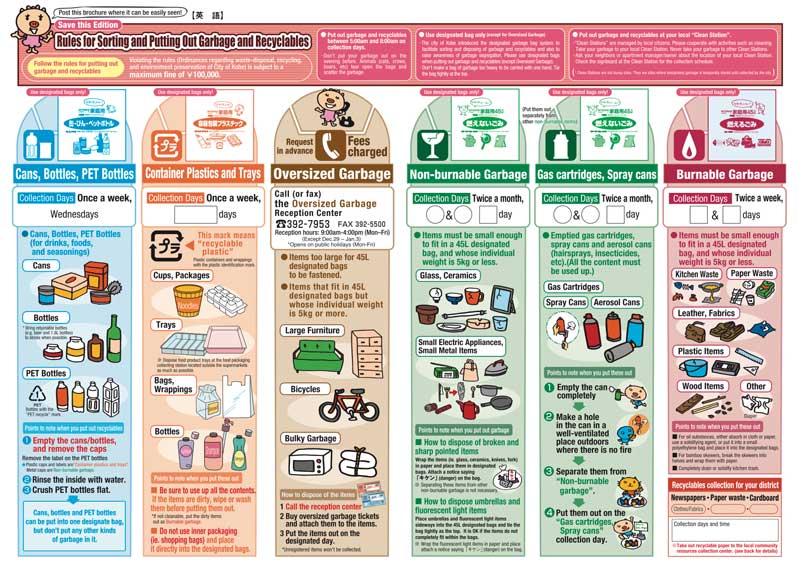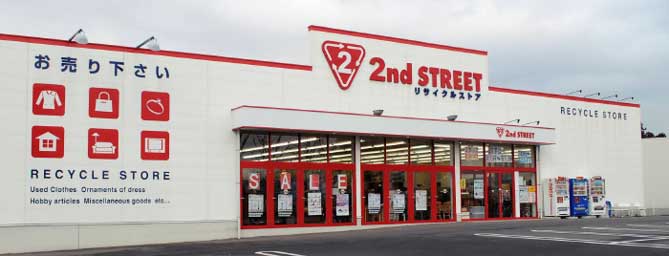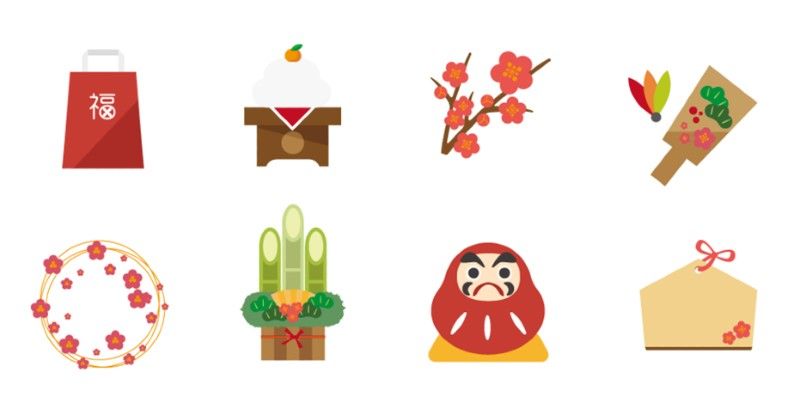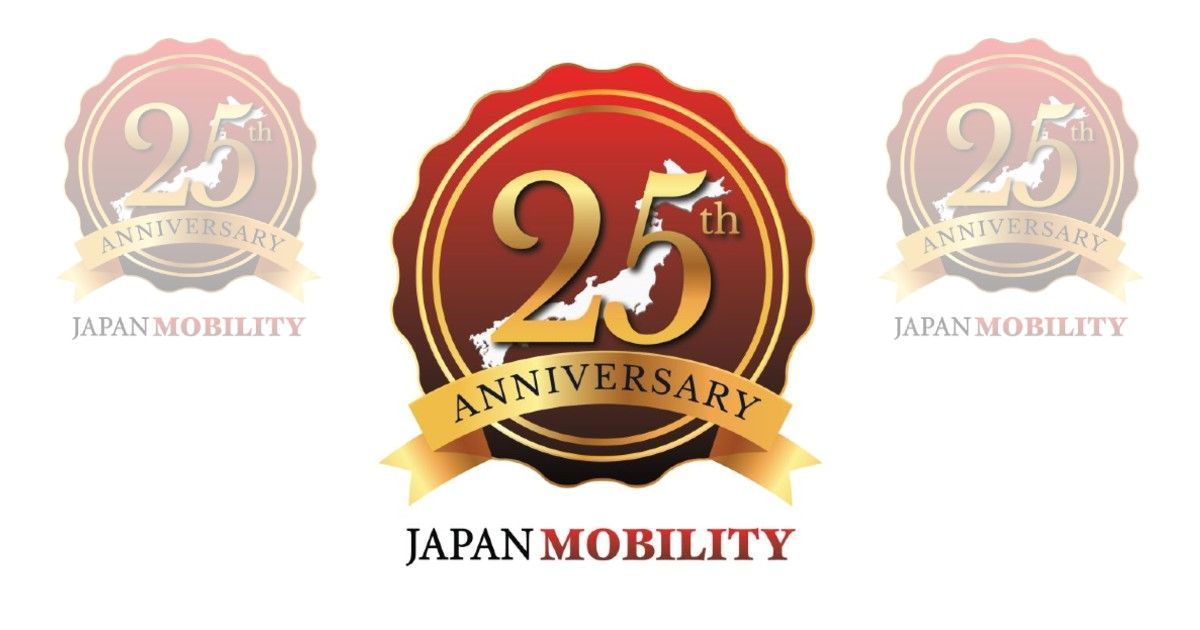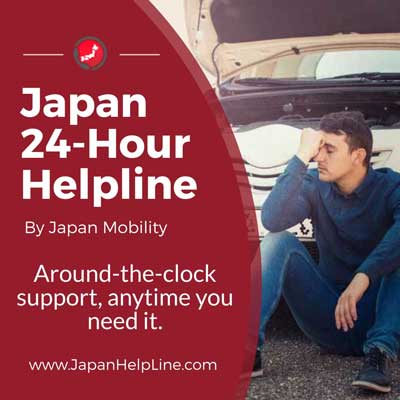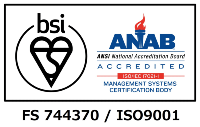Doing away with unwanted items in Japan
How to dispose of bulky items (and sell unwanted items) in Japan
Once you’ve lived in Japan for a while you may have finally sorted out how to sort out your trash in accordance with the strict rules that vary from area to area. However, more bulky items, like furniture, large appliances, sofas, beds, refrigerators, washing machines, etc., are not something many people throw out very often. This can be a bit of a hassle, to say the least, especially when you actually have to move out and suddenly realize how much stuff you’ve accumulated over the years and that could take up to a few weeks to get rid of all of it.
Here is all you need to know if you are looking to dispose of bulky items.
*This is a general guide so please make sure to check with your ward for more details.
What is Sodai Gomi?
Sodai Gomi means "large size trash" that exceeds 30 cm for any of its dimensions, height, width, or depth.
*Electronic appliances (TV, A/C, Refrigerator, Washing machine, and PCs etc.) are not subject to Sodai Gomi. They must be collected or removed by an electronic appliance store or recycle shop.
Check your Sodai-Gomi Day (bulky item collection day).
Sodai Gomi day is set for only one day every month based on the residential area. It is usually a fixed day, (for example, "the 3rd Wednesday of the month"). Mark it on your calendar now and make plans as early as possible not to miss this day!
Process
1. Application and registration*
Submit an application to garbage collection center at least 2-3 weeks before the collection day through the internet or by phone. Please check with your ward or city office or their website for more details.
Please contact garbage collection center of if;
- Your items are not listed on calendar or guide
- You want to add, change, and reduce items
- You want to check collection day for your area
*Service might only be available in Japanese.
2. Get Sodai Gomi sticker
Sodai Gomi sticker can be purchased at a supermarket and convenience store. Usually there are two different priced stickers, 250 yen and 500 yen. These are disposal fees and each item will need separate sticker(s). The price will depend on the item size and type which is confirmed at the registration.
3. Put bulky items out on the collection day
Write the confirmation number that you get from the application process or your name on each sticker and put them on the each of the items. You can place the items at the designated spot from 5:00-8:00 AM on the collection day.
And, they will be gone!
Or, sell it instead!
If the process above sounds a bit too cumbersome there are potential alternatives. Your trash can be somebody's treasure. If you want to sell something that is still usable or can be recycled, there are several Facebook groups where you can buy & sell your things. Try checking out this page below. It has a list of Buy-and-Sell groups in Japan. You may find some groups nearby your residential area.
Facebook Buy & Sell Group Listings »
You might also be able to utilize local
recycle shops (which in Japan, just means
second-hand shop). They may even come to your home and pick them up. Keep in mind, however, that the payouts are often a small fraction of the original value if any at all. In many cases, they may ask for you to pay to take away your item depending on the condition. Let’s prepare for bulky item disposal in the best way for yourself.





